No prime minister in Pakistan's history has ever completed their full five-year term. They had to be ousted before that.
Imran Khan lost the prime ministership after losing the vote of no confidence in the parliament on April 9, 2022.
According to Geo News, if every prime minister in Pakistan since 1947 had completed their five-year term, Imran would have been the country's 15th prime minister. But he took responsibility as the 22nd Prime Minister of the country.
Imran is the only Prime Minister of Pakistan who did not complete his five-year term after losing a no-confidence vote.
Those who were prime ministers before him could not complete their term due to various reasons.
Liaquat Ali Khan (4 years): Liaquat Ali Khan was elected as the first Prime Minister of Pakistan on 15 August 1947. On October 16, 1951, he was shot dead by an assassin in Rawalpindi. He served as Prime Minister for 4 years before his death.
Khawaja Nazimuddin (Less than 2 years): Khawaja Nazimuddin assumed office on 17 October 1951, a day after the assassination of Liaquat Ali Khan. However, the then Governor General Ghulam Muhammad ordered Nazimuddin to resign due to riots by religious and political parties. But, he refused that instruction. Then on April 17, 1953, the Governor General removed Nazimuddin from the post of Prime Minister.
Mohammad Ali Bogra (2 years): On 17 April 1953 Governor General appointed Mohammad Ali Bogra as Prime Minister. But, on 12 August 1955, he was removed by Acting Governor-General Iskandar Mirza due to conflicts over territorial issues and lack of majority in Parliament.
Chowdhury Mohammad Ali (1 year): Chowdhury Mohammad Ali was nominated as the fourth Prime Minister of Pakistan on 12 August 1955 by Acting Governor-General Iskandar Mirza. Chowdhury Mohammad Ali's name is still mentioned in Pakistan for playing a leading role in the 1956 constitution. But, on September 12, 1956, he came under pressure due to conflict with party members and his outspokenness about Ayub Khan's dictatorship. He then resigned.
Hossain Shaheed Sohrawardy (1 year): Progressive Hossain Shaheed Sohrawardy assumed the post of Prime Minister on September 12, 1956. But, due to differences with Iskandar Mirza, he resigned on 17 October 1957.
Ibrahim Ismail Chundrigar (2 months): Ibrahim Ismail Chundrigar was appointed as the 6th Prime Minister on 17 October 1957. He was in power for only 2 months.
Feroz Khan Noon (less than 1 year): Iskandar Mirza promoted Feroz Khan Noon to the post of Prime Minister of Pakistan on 17 December 1957. However, General Ayub Khan dismissed Noon from his post on 7 October 1958 when martial law was imposed.
Nurul Amin (13 days): After 13 years of martial law, Nurul Amin was appointed Prime Minister under Yahya Khan's administration. He was removed from office on December 20, 1971 after 13 days of assuming office.
Zulfiqar Ali Bhutto (3 years and 11 months): On 14 August 1973, Zulfiqar Ali Bhutto took over as the Prime Minister of Pakistan. After that, he contested the 1977 election and won. However, military dictator General Mohammad Ziaul Haque seized power in a coup and sent him to prison. He was hanged in 1979.
Mohammad Khan Junejo (3 years): Mohammad Khan Junejo was elected Prime Minister of Pakistan on March 23, 1985 under military rule. However, Junejo's government was dismissed on 29 May 1988.
Benazir Bhutto (2 years): Zulfikar Ali Bhutto's daughter, Benazir Bhutto, was elected as Pakistan's first woman Prime Minister in 1988, after a long period under General Ziaul Haque's military rule. He assumed office on 2 December 1988. His party survived an impeachment attempt in 1989. However, in the end even his government could not hold on to power. On August 6, 1990, President Ghulam Ishaq Khan dismissed him on charges of corruption.
Nawaz Sharif (3 years): Nawaz Sharif was elected Prime Minister for the first time in 1990. However, in 1993, Ghulam Ishaq Khan once again dismissed the elected government. Subsequently, the Supreme Court reinstated the Nawaz Sharif government. On July 18, 1993, Nawaz Sharif and Ghulam Ishaq Khan were forced to resign by Army Chief Wahid Kakar.
Benazir Bhutto (second term 3 years): In 1993, Benazir Bhutto was re-elected as Prime Minister of Pakistan. However, he could not finish his term even this time. In November 1996, President Farooq Leghari dismissed his government.
Nawaz Sharif (second term 2 years): In 1997, Nawaz Sharif was re-elected as Prime Minister. But he too could not complete the five-year term. On 12 October 1999, General Pervez Musharraf imposed a state of emergency and deposed Nawaz.
Mir Zafrullah Khan Jamali (19 months): Zafrullah Khan Jamali was the first prime minister under dictator Pervez Musharraf. But, he served only 19 months before Musharraf sacked him.
Chowdhury Sujat (2 months): Chowdhury Sujat became Prime Minister on June 30, 2004 through the parliamentary elections. Sujat served until Shaukat Aziz was elected as Prime Minister.
Shaukat Aziz (3 years): Shaukat Aziz was appointed Prime Minister on 28 August 2004. He resigned on November 15, 2007 after completing the term of Parliament.
Yusuf Raza Geelani (4 years): Yusuf Raza Geelani became the 18th Prime Minister after the 2008 general elections. His party, the Pakistan People's Party (PPP), won a majority of seats in the National Assembly. However, he was removed from power in 2012 after he was found guilty in a contempt case by the apex court.
Raja Pervez Ashraf (less than 1 year): Raja Pervez Ashraf took over as Prime Minister from Gilani to complete the remainder of the Pakistan Peoples Party (PPP) government. He held this position from 22 June 2012 to 24 March 2013.
Nawaz Sharif (more than 4 years): Nawaz Sharif was appointed as Prime Minister for the third term in June 2013. He was in power for the longest time in this term compared to the previous terms. But even then he could not complete five years. Nawaz remained in power for 4 years and 53 days. He was impeached by the Supreme Court on July 28, 2017.
Shahid Khaqan Abbasi (less than 1 year): Shahid Khaqan Abbasi took over as the 21st Prime Minister after the ouster of Nawaz Sharif. He assumed responsibility as the Prime Minister in August 2017. His term expired on 31 May 2018 when the National Assembly was dissolved for fresh elections.
Imran Khan (more than 3 and a half years): Imran Khan was elected Prime Minister on 18 August 2018. But, Imran Khan also could not complete his term. On April 10, 2022, Imran Khan lost power after losing the no-confidence vote of the opposition in the National Assembly.
Meanwhile, the national elections are being held in Pakistan on Thursday after overcoming various uncertainties and security concerns. In the meantime, violence surrounding the election has spread in some areas of Pakistan. At least 28 people were killed in separate bomb and grenade attacks on Wednesday.



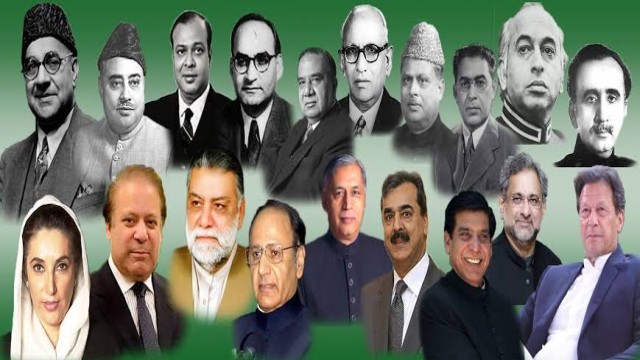
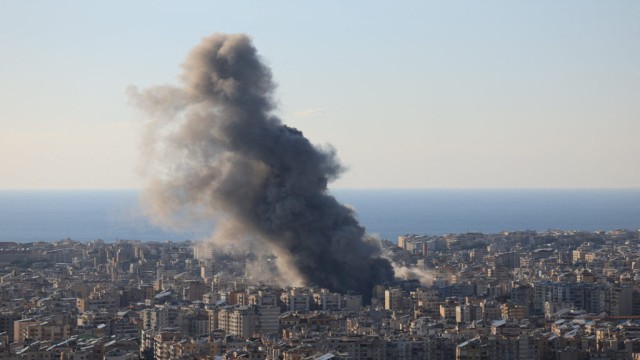

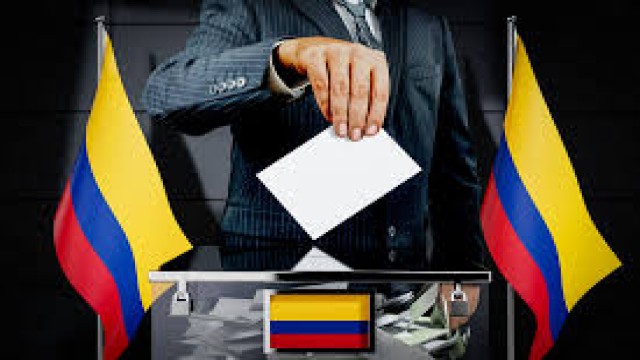
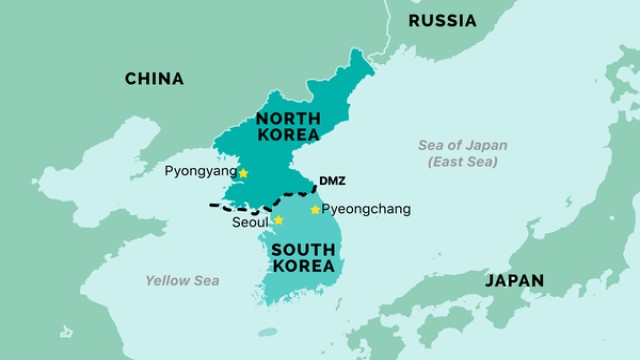
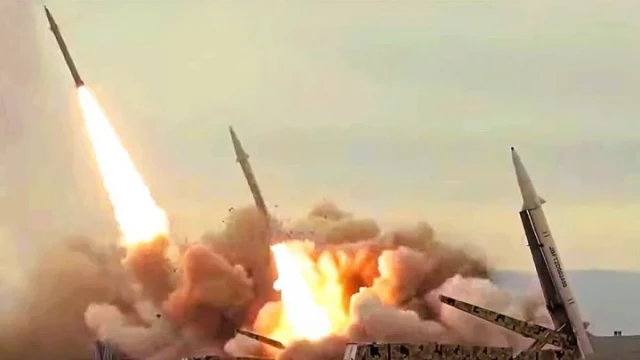
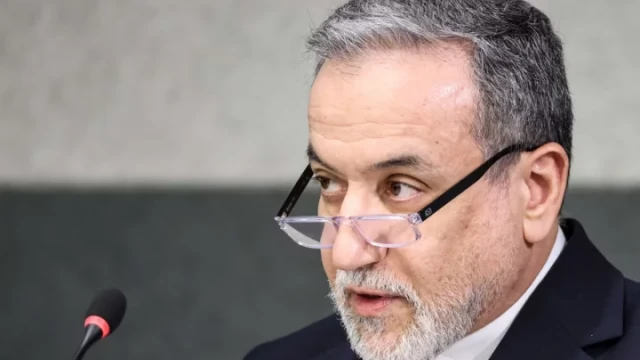

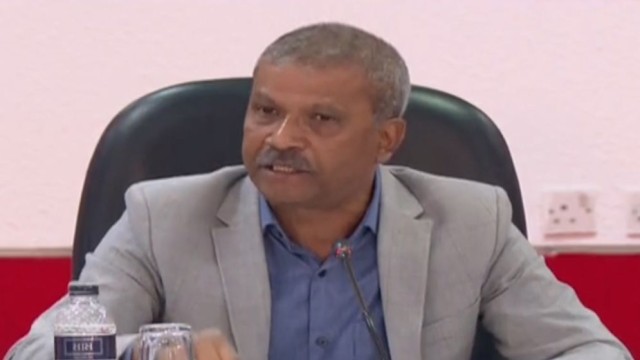
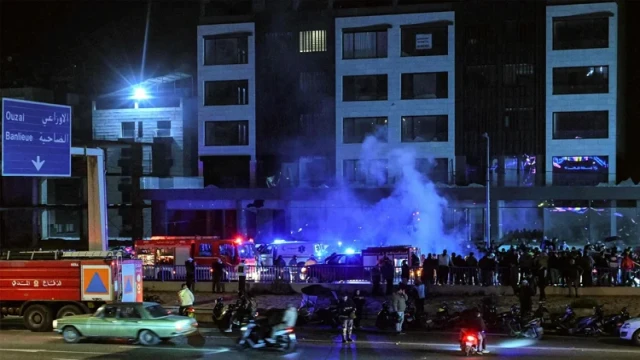
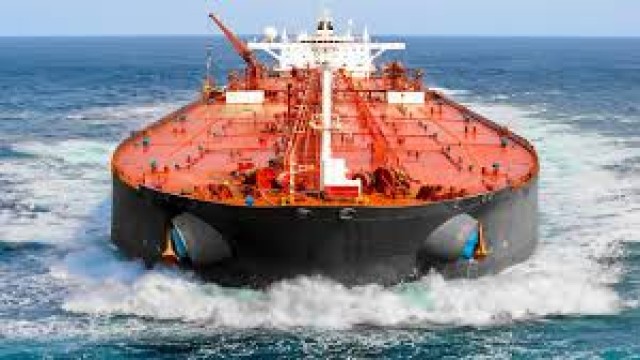
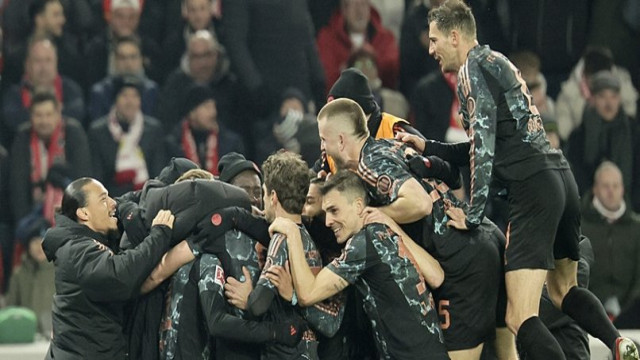












Comment: